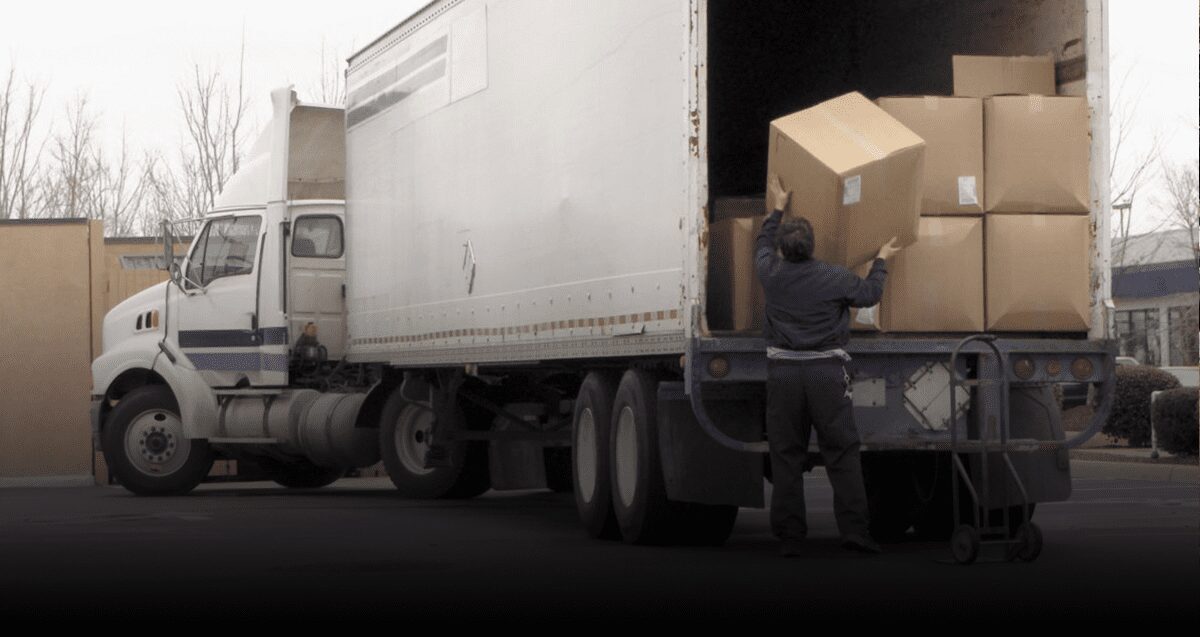Call Us:
(888) 701 6090
Mail Us:
support@truckified.com
TRUCKIFIED
